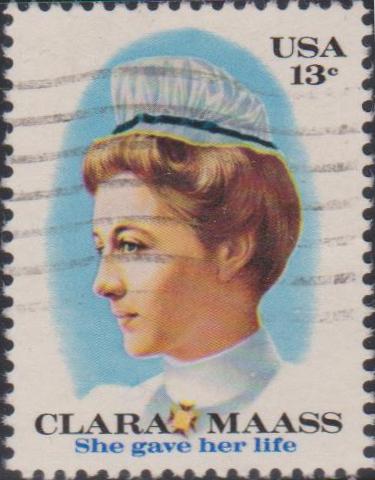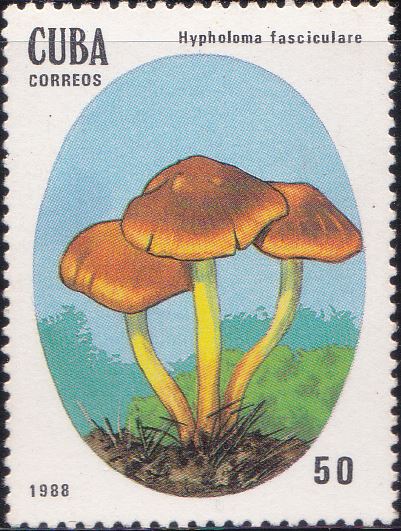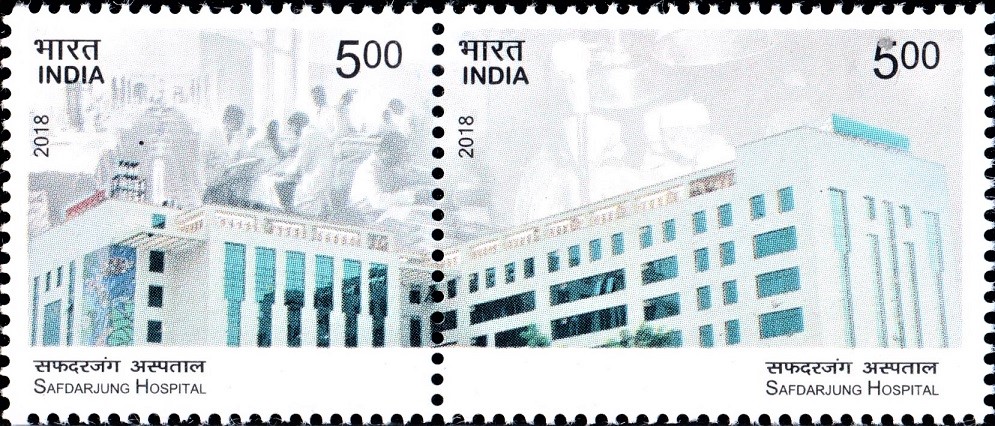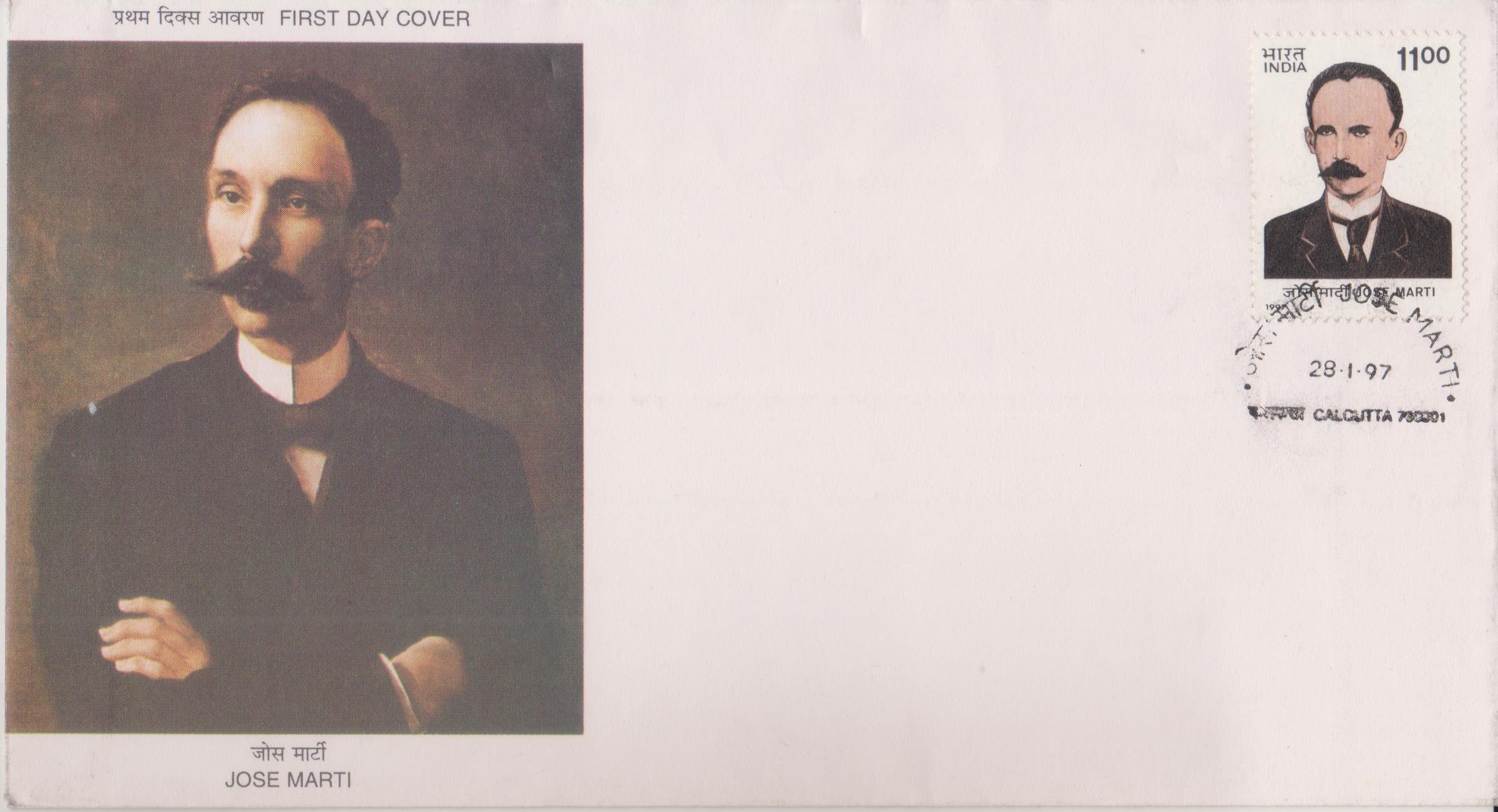
Nurse Clara Maass
A commemorative postage stamp on the Nurse Clara Maass – 19th–Century Heroine :
 Issued by United States of America
Issued by United States of America
Issued on Aug 18, 1976
Design : The U.S. 13¢ stamp honoring Nurse Maass was designed by Paul Calle of Stamford, Connecticut, based upon a portrait of the nurse which hangs at the Maass Memorial Hospital. It was issued in Belleville, New Jersey, the site of the hospital.
Type : Stamp, Postal Used
Denomination : 13 cents
Name : Clara Louise Maass
Born on Jun 28, 1876 at East Orange, New Jersey, United States
Died on Aug 24, 1901 at Cuba
About :
- “Greater love hath no man than this, that a man lay down his life for his friends” – the Bible quotation applies as well to women, and no epitaph could be more fitting for Clara Louise Maass (1876-1901). She was as brave in medicine’s fight to save lives during the Spanish–American War as any soldier was in battle.
- During the latter 1800s, hundreds of American soldiers in Cuba were felled, not by bullets, but by yellow fever, typhoid, malaria and dysentery. For 19 years a Havana physician had been trying to convince his colleagues that yellow fever was caused by the bite of a common house mosquito. American deaths brought him the cooperation of Major Walter Reed (for whom the famous Army hospital was named) and others, including volunteers for yellow fever inoculation experiments.
- Clara Maass already had earned a reputation for courageous dedication to the soldiers’ health. After graduating in 1895 from Newark German Hospital Training School for Nurses (Luthern Memorial Hospital) in Newark, New Jersey, she became one of the first nurses to volunteer to care for sick and wounded soldiers in army camps in the United States and Cuba and in government hospitals in Manila, Philippines. Watching her patients suffer from smallpox, typhoid and yellow fever, Nurse Maass grew distressed that there was no prevention or cure for them.
- In 1901 she returned to Cuba, where she was assigned to a Havana hospital that was an inoculation station for the yellow fever experimentation. As a volunteer in the program she lost her life to the devastating disease, but her participation helped the medical army conquer this dread enemy. She was accorded military honors befitting a soldier who has made the supreme sacrifice.
- Thus Clara Maass joined Clara Barton, Florence Nightingale and countless other women who have donned the uniform of nursing to ameliorate the suffering of men who have donned the uniform of battle.
Subscribe
Login
0 Comments
Oldest







